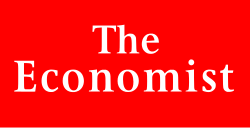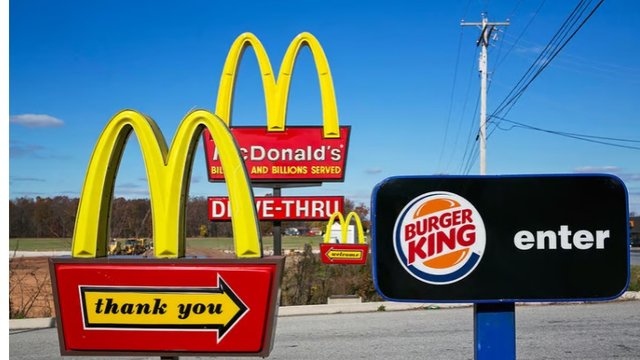
June 27, 2024
In the cartoon “SpongeBob SquarePants”, Mr Krabs, purveyor of krabby patty hamburgers, is a frequent and ruthless price-gouger. He can get away with it because he has no competition, save for the unappetising Chum Bucket. McDonald’s, a chain that flips real-world hamburgers, can only dream of Mr Krabs’s pricing power. It has been forced into a fast-food price war.
Since June 25th Americans hungry for a deal have been able to get a sandwich, fries, chicken nuggets and soft drink under the golden arches for just $5. Burger King, a rival fast-food chain, is matching the offer with a $5 meal deal of its own. The two are following in the footsteps of Wendy’s, which is temporarily adding an ice cream to its long-standing Biggie Bag combo. Starbucks, seemingly determined to protect its reputation for high mark-ups, is pricing a sandwich and a coffee at $6. McDonald’s calls this the “summer of value”; economists call it deflation. However labelled, the development is heartening for consumers—and for Federal Reserve officials, who would like to reduce interest rates before the year is out.

A $5 meal whichever you pick. photograph: kristoffer tripplaar/redux/eyevine
The food fight is a return to normality in an industry defined by high volumes and low margins. To make a buck, fast-food chains need to attract vast numbers of value-conscious, typically low-income diners. McDonald’s, fearing that Burger King and Wendy’s were eating its lunch, introduced a Dollar Menu in 2002. Yet in recent years, rising incomes and surging inflation have given fast-food joints a reason to supersize prices. The cost of a McDonald’s meal has risen by 40% since 2019, compared with a 19% rise in consumer prices more broadly. This boosted the firm’s operating profits until March, when they came in below expectations.
McDonald’s put the disappointing results down to consumers becoming “more discriminating with every dollar”. American households spend almost all of what they earn and have made their way through savings built up during the covid-19 pandemic. In the face of slowing disposable-income growth and a robust-but-cooling jobs market, consumers are pulling back and plan to dine out less often. Takeaway meals have been in part responsible for keeping inflation above the Fed’s 2% target, with prices growing by 4% in the year to June, compared with 1% for groceries. But that may be about to change. Although McDonald’s plans for its value offer to last about a month, the economics of the fast-food industry have shifted. Lower prices appear to be on the menu for good.


